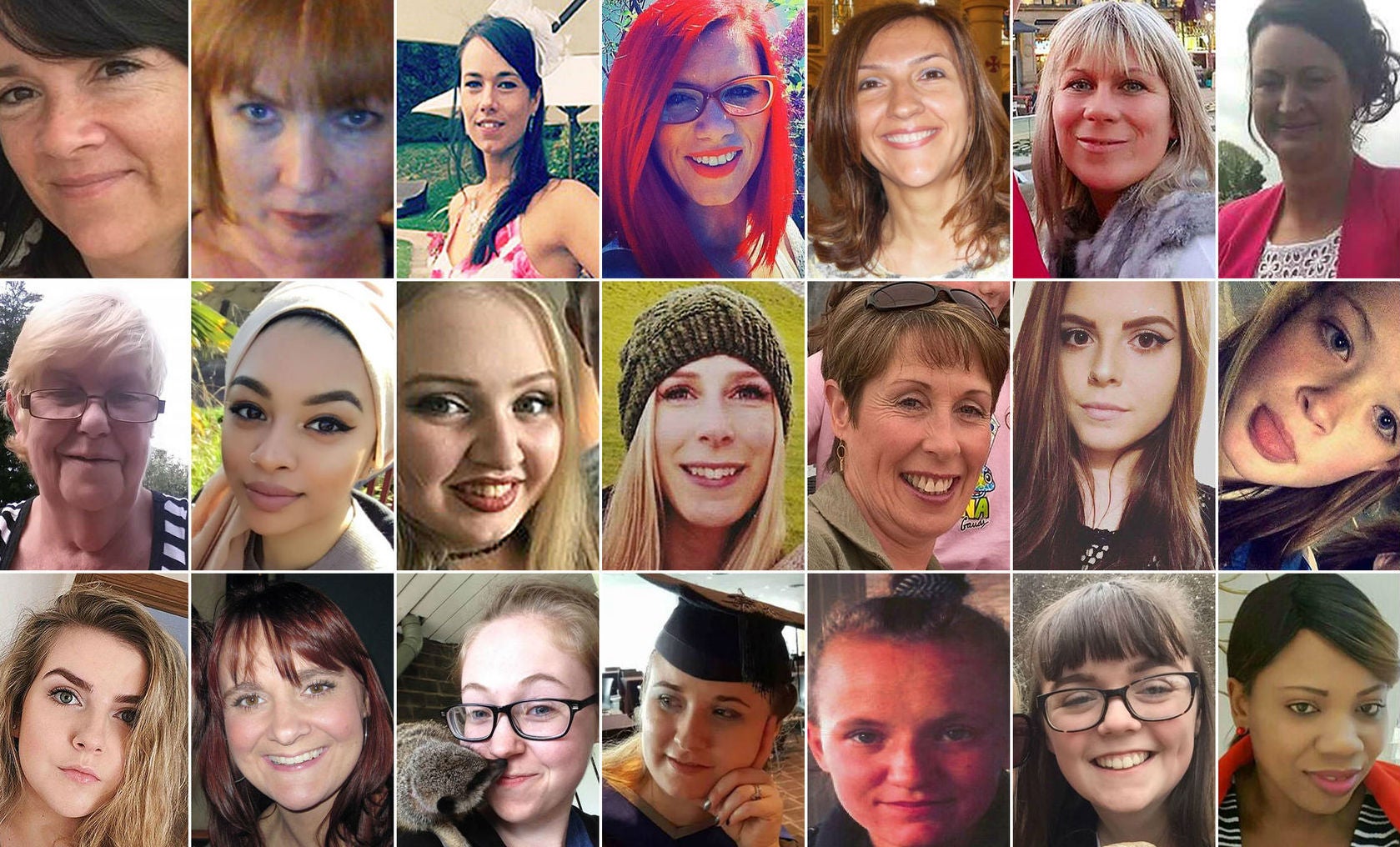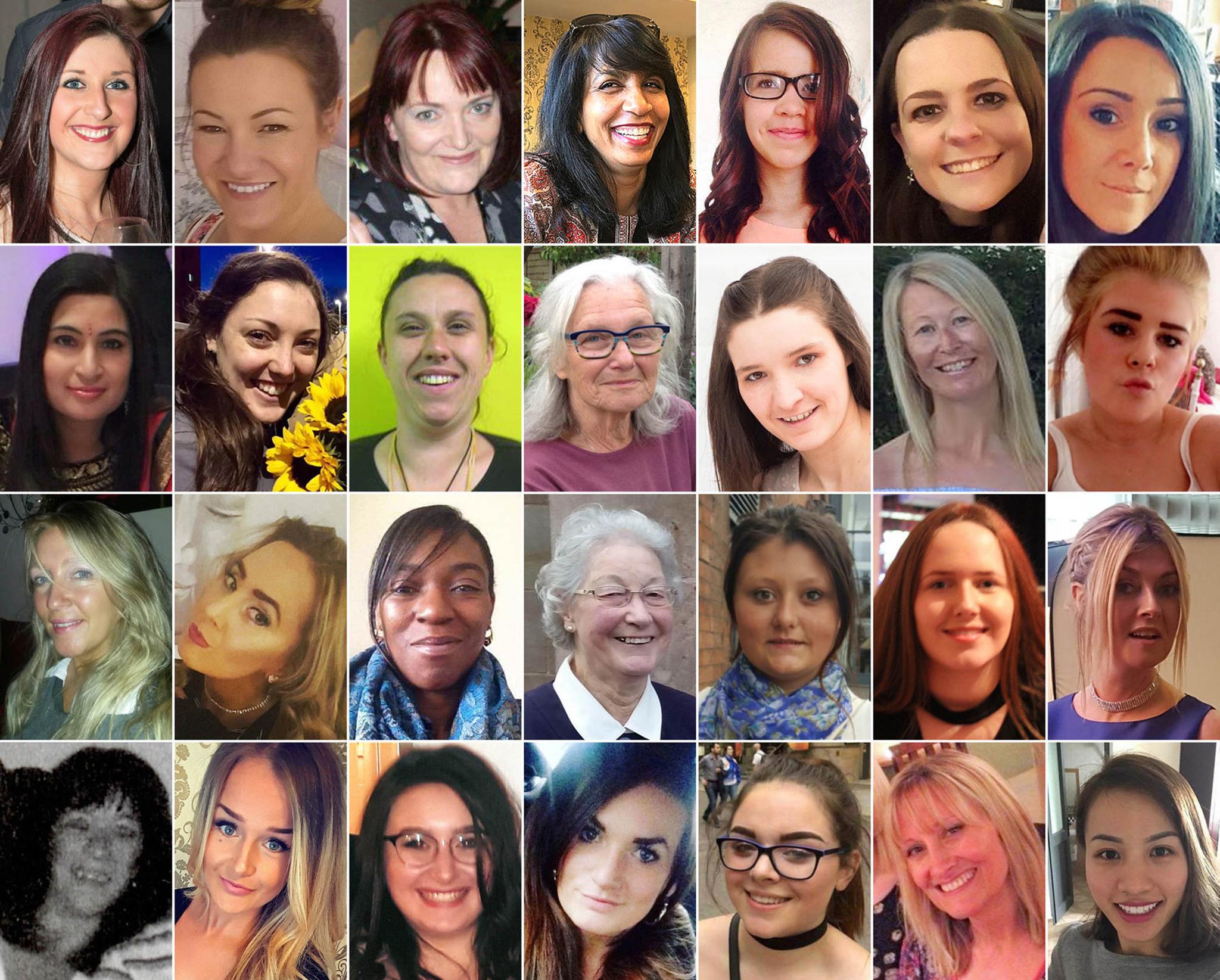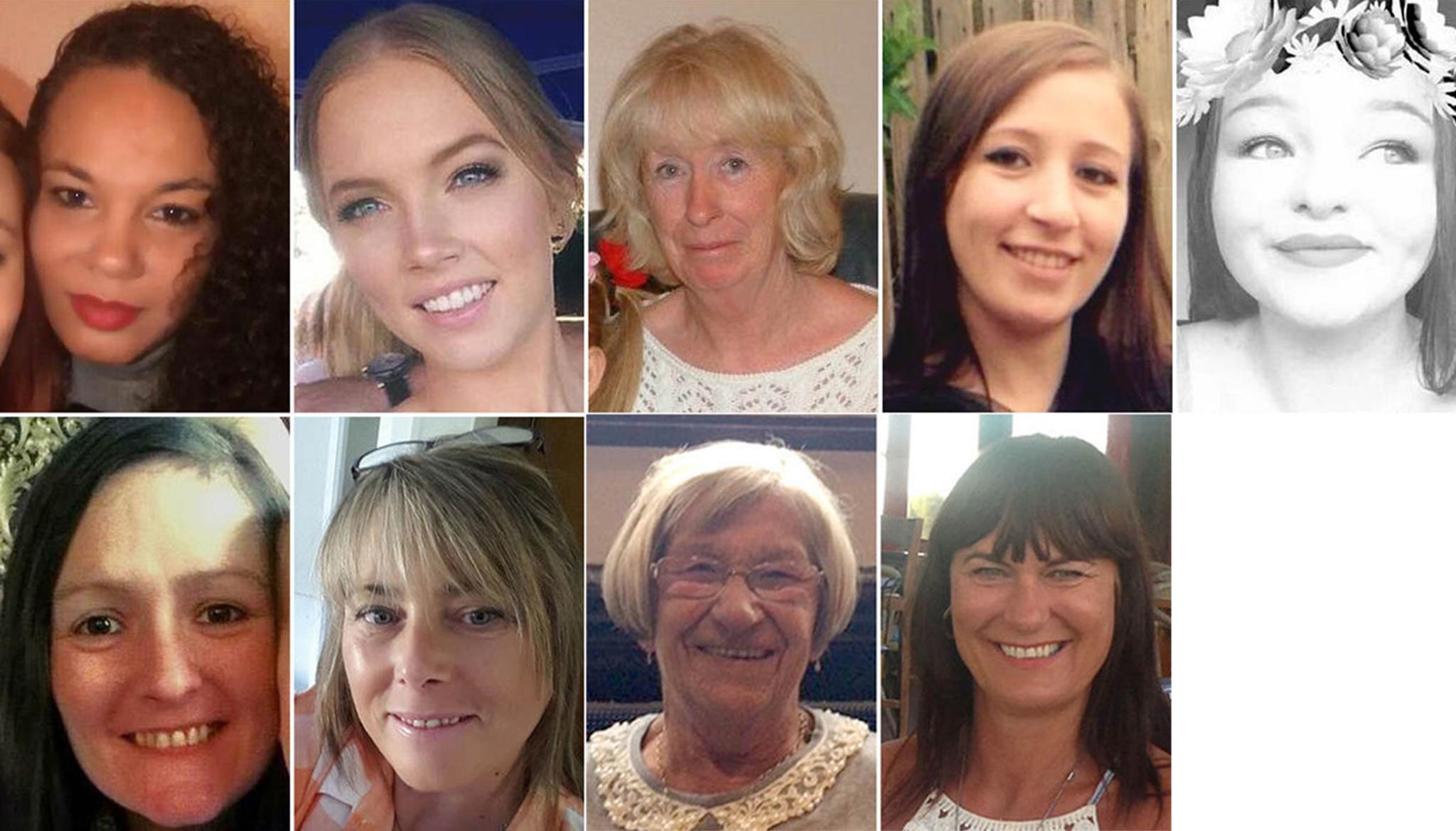Curbing domestic violence is not working as number of women killed by men stays the same over last decade, campaigners warn
At least 139 women were murdered by a man last year

Your support helps us to tell the story
From reproductive rights to climate change to Big Tech, The Independent is on the ground when the story is developing. Whether it's investigating the financials of Elon Musk's pro-Trump PAC or producing our latest documentary, 'The A Word', which shines a light on the American women fighting for reproductive rights, we know how important it is to parse out the facts from the messaging.
At such a critical moment in US history, we need reporters on the ground. Your donation allows us to keep sending journalists to speak to both sides of the story.
The Independent is trusted by Americans across the entire political spectrum. And unlike many other quality news outlets, we choose not to lock Americans out of our reporting and analysis with paywalls. We believe quality journalism should be available to everyone, paid for by those who can afford it.
Your support makes all the difference.Campaigners say attempts to reduce domestic violence are not working because the number of women killed by men has remained steady for the last decade.
At least 139 women were murdered by a man last year – including 21 killed in terrorist attacks – according to the latest Femicide Census report.
The annual study, which started in 2009, tracks the numbers of women killed by men to show the killings are not isolated incidents.
But this is the first year campaigners have collected data on cases that involved “excessive violence” – greater force than that required to kill the victim.
Almost half of cases where women were killed by men last year involved such violence – something campaigners refer to as “overkilling” – according to the data collected from media reports.
One report said a victim had been stabbed 175 times, while other women were described as having been “hit 40 times with an axe”, “bludgeoned repeatedly” and “battered virtually beyond all recognition”.
Three quarters of the victims last year were killed by someone they knew. Almost half of the perpetrators were partners or former partners of their victim.
Nearly two thirds of the women were killed at home, while more than half of the cases involving a former intimate partner happened during the first month of separation.

Karen Ingala Smith is head of Nia, the charity behind the census that provides services for women, children and young people who have experienced male violence. She said: “The use of excessive violence or desecration after death challenges narratives of momentary loss of control that are especially prevalent in relation to domestic violence.
"Instead, it highlights the brutality and misogyny that men bring to their violence against women whether dead or alive and challenges benign rationales given by men which are often accepted and repeated in media coverage of the killings of women.”
She said it may surprise some that 40 per cent of women killed by men were aged over 45 and 14 per cent were over the age of 66, adding that violence against women is “made invisible” when analyses of violent crime do not look at sex disaggregated data.
“The dominant perception of knife crime is one of young men and street violence,” she added. “Yet the Femicide Census tells us that 47 per cent of women were killed by knives or sharp objects. In fact this is the most common method used by men to kill women.”
Katie Ghose, of domestic violence charity Women’s Aid, who helped organise the census, said: “Time and time again, we hear of cases where a woman has been killed by a man as an isolated incident; yet the latest Femicide Census report shows yet again that this is not the case. The majority of these cases are not isolated incidents, there are too many similarities in the circumstances where women are killed by men.

“Despite the extreme level of fatal male violence being used against women, it is clear that not enough is being done to protect women from men’s violence.”
She called for the government to urgently put the prevention of femicide at the core of its domestic abuse bill. Ms Ghose said the bill needed to deliver the legislation and resources required to overhaul the response to domestic abuse – adding it should protect specialist services from closure.
“Our network of life-saving specialist services is not an optional extra but an essential piece of the jigsaw in our response to domestic abuse and femicide,” she said. “They not only provide survivors with the support they need to escape abuse but they are also often the key to survivors having the confidence to report the abuse to the police in the first place.”
Suzanne Jacob, of domestic violence charity Safe Lives, said: “There are 100,000 people right now in the UK who are living at high risk of serious harm or murder. We need an urgent transformation of the response and understanding to protect them – we must act much earlier.”
Women’s Aid identify domestic abuse as a “gendered crime” – saying that while both men and women may experience incidents of interpersonal violence and abuse, women are considerably more likely to experience repeated and severe forms of abuse, including sexual violence.
A Home Office spokesperson said: "Domestic abuse is a devastating crime that shatters the lives of victims and we are determined to transform our response.
"This government will be publishing a landmark draft Domestic Abuse Bill, which will include a statutory Government definition of domestic abuse, introduce new Domestic Abuse Protection Orders and establish a Domestic Abuse Commissioner."
They said the Home Office has made it a statutory duty for Community Safety Partnerships to produce a Domestic Homicide Review to ensure lessons are learned from those who are murdered by family or those close to them.
“We have pledged £100m to violence against women and girl’s services between 2016 and 2020. We will soon be publishing a refresh of our VAWG strategy, which will look at further ways we can support victims," they added.
Join our commenting forum
Join thought-provoking conversations, follow other Independent readers and see their replies
Comments